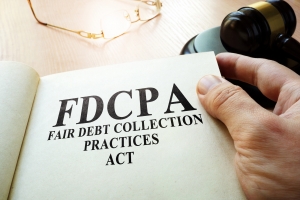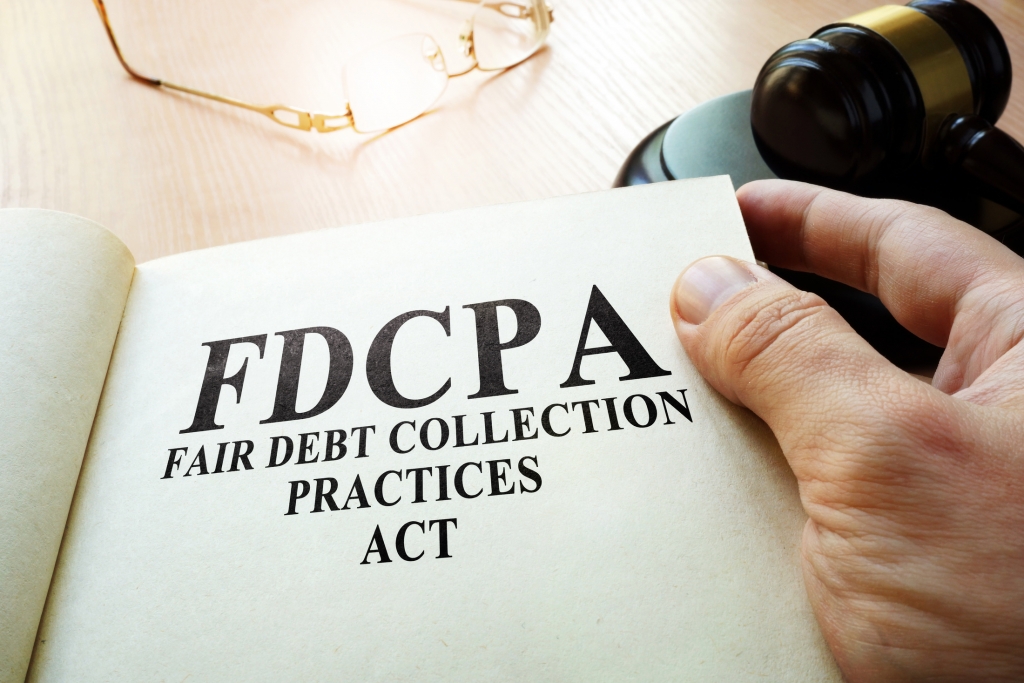Fair Debt Collection Practices Act and Bankruptcy Proceedings
Creditors in Arizona can rely on various approaches when it comes to ensuring debt collection. A certain line cannot be crossed, however, and this line was established through the Fair Debt Collection Practices Act. The aim of the act is to protect consumers from either unfair or abusive debt collection efforts. It’s interesting to take a look at the provisions of the Fair Debt Collection Practices Act and bankruptcy proceedings.
The Nature of the Fair Debt Collection Practices Act
The Fair Debt Collection Practices Act (FDCPA) is a federal provision that comes on top of state regulations aimed at ensuring debt collection standards. In Arizona, the local law is the Arizona Revised Statutes 32-1001.
FDCPA prevents creditors and debt collectors from using abusive and illegal approaches in order to get a payment. Incessant phone calling and attempts to contact a debtor at an inconvenient hour, for example, both qualify as unacceptable practices under FDCPA.
The use of violence, coercion, criminal activities, profanities and a vulgar language, threats and false representation are also banned under FDCPA.
FDCPA came into effect in 1977 and it has been amended a couple of times through the years. It establishes legal protections for debtors and the Consumer Financial Protection Bureau is the entity responsible for the enforcement of the provisions.
Fair Debt Collection Practices Act and Bankruptcy in Arizona
As you probably know already, all debt collection efforts in Arizona have to be discontinued the minute a person files bankruptcy.
An automatic stay comes into effect, keeping creditors from getting in contact with the debtor or attempting to get a payment out of them.
When it comes to bankruptcy regulations and the FDCPA provisions, which one trumps the other? Views are conflicted on the topic.
According to some, bankruptcy code trumps the FDCPA provisions. According to both the Second and the Ninth Circuits, the US Bankruptcy Code preempts the Fair Debt Collection Practices Act provisions. The logic here is that the regulations outlined in the FDCPA are no longer required once the automatic stay comes in effect.
Alternatively, the Third and Seventh Circuits have held the position that FDCPA may still have a role, even when the provisions under the Bankruptcy Code are invoked. According to the circuits, one regulation does not preempt another when they both refer to the same thing but address it in different ways.
It’s interesting to take a look at the debtor’s ability to bring action against creditors on the basis of the FDCPA provisions during a bankruptcy. The ability will depend on the type of bankruptcy chapter.
People who have filed Chapter 7 bankruptcy in Arizona are protected by the automatic stay until the discharge occurs. Filing a claim under the FDCPA requires court abandon first. Thus, the debtor should wait until they receive a discharge to pursue action under the federal act.
Individuals that have filed Chapter 13 bankruptcy have the right to bring claims against creditors who are relying on criminal or abusive practices for the purposes of debt collection.
Final Verdict: You Are Protected

The most important thing to keep in mind is that you’re protected from aggressive, abusive or illegal debt collection efforts. Whether you’ve filed bankruptcy or you’re only considering such a possibility, a creditor doesn’t have the right to bother, intimidate, coerce you or rely on criminal practices to collect payments.
While the intersection of the Fair Debt Collection Practices Act and Bankruptcy Code may be interesting to examine from a legal standpoint, you don’t have a reason to worry as a consumer. While there is no legal consensus about the enforcement of one regulatory framework or the other, you can make sure that creditors are not bothering you in their attempts to produce a payment. To learn a bit more about your rights, you’ll simply need to have a brief consultation with an experienced Arizona bankruptcy attorney.



